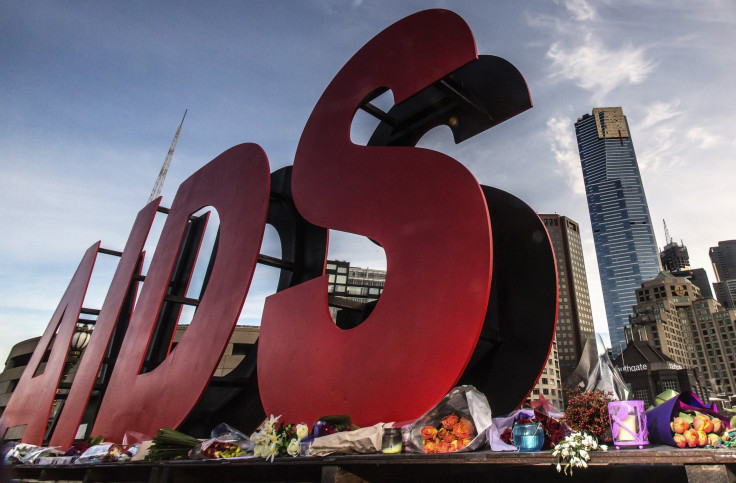African AIDS Conference Delegates Seek Asylum In Australia

Nearly 30 delegates to the World AIDS conference, which concluded last month in Melbourne, have sought asylum in Australia, The Guardian reported Monday.
The delegates, mostly from African nations like Uganda, Tanzania, Rwanda, Nigeria and Ethiopia sought assistance from refugee agencies in Australia in filing applications for protection visas, which are issued to people who are recognized as refugees fleeing persecution.
“Once they’ve lodged a claim for a protection visa then it will depend on the conditions of the visa whether they have any sort of support or whether they’ve got work rights,” Pamela Curr, campaign coordinator for Asylum Seeker Resource Centre -- an Australian refugee support and advocacy organization -- told The Guardian.
“Our case workers are assisting them with the housing agencies to make sure they have somewhere safe to sleep,” Curr said.
She added that the African delegates -- who were scientists working in the field of AIDS research, felt that their work made returning to their home countries a “life threatening proposition.”
About 70 percent of the world's AIDS-affected population resides in Sub-Saharan Africa, notorious for the high level of stigma attached to the disease. As a result, even health workers, AIDS researchers and relatives of patients face ostracism and persecution.
"It seems that some of them have been considering whether they think they can survive in their countries of origin, or whether they should try to survive by getting refugee protection in Australia," Curr said.
Heather Hoist, CEO of HomeGround, an emergency accommodation provider, told The Guardian that her organization was helping 19 of the delegates find a place to stay while they waited for their current visas to run out before claiming asylum.
Some of the delegates have also left families behind in their home countries and will be eligible for family reunion visas. However, “we have a very tough government at the moment and there are very few family reunion visas being granted,” Hoist said.
The Tony Abbott-led government in Australia has taken a hard-line stance on the influx of refugees into the country. Many human rights activists and organizations have criticized Australia’s immigration policy and the treatment meted out to asylum seekers.
“A refugee visa is one of the hardest visas to get in this country, you don't just get it easily. These people's claims will be assessed in line with the refugee convention and if they have a claim we hope that the government would extend them protection," Curr said.
© Copyright IBTimes 2025. All rights reserved.






















